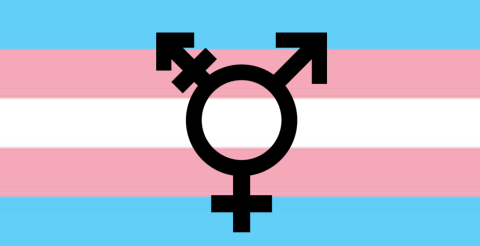College Policies
Amherst College embraces and celebrates all forms of diversity, including gender identity and expression. This website was developed to assist trans and gender non-conforming students as they navigate institutional structures on campus. Please note that this is just a collection of existing policies on campus; the QRC does not necessarily endorse all of the policies and practices below.

Statement of Non-Discrimination
Amherst College does not discriminate in admission, employment, or administration of its programs and activities on the basis of race, national or ethnic origin, color, religion, sex or gender (including pregnancy, sexual orientation, gender expression, and gender identity), age, disability, genetic information, military service, or any other characteristic or class protected under applicable federal, state, or local law. Amherst College complies with all state and federal laws that prohibit discrimination, including Title VII of the Civil Rights Act, Title IX, Section 504 of the Rehabilitation Act, the Americans with Disabilities Act, the Equal Pay Act and the Age Discrimination in Employment Act. Inquiries should be addressed to the Chief Diversity and Inclusion Officer, Amherst College, P.O. Box 5000, Amherst, MA 01002-5000.
On-Campus Housing
Rising sophomores, juniors, and seniors select housing each spring into gender-inclusive residential communities, unless one chooses to live on a single-gender floor. Returning students may also apply to the Sylvia Rivera Theme Community (through the Housing Selection Process) which is located on the fourth floor of Moore Hall. Named to honor Latinx trans movement worker and Stonewall veteran Sylvia Rivera, the Sylvia Rivera Floor is a community dedicated to maintaining an affirming and celebratory living environment for LGBTQ+ students.
Incoming first-year students are placed by assigned sex as recorded by the student in their application materials, however, the staff in Residential Engagement & Wellbeing is fully willing to work with any student who feels their assigned sex recorded on their materials does not capture their identity. The survey also includes separate questions that seek to understand sleep, study, and room usage preferences. Such preferences can be useful to effectively place students together and to avoid conflict.
For all Residential Engagement & Wellbeing questions or concerns, please reach out directly via rew@amherst.edu.
Name/Gender Marker Changes
Students have the option to enter a chosen name and/or their pronouns through Workday. This name can be updated at anytime and appears on all internal documents (class rosters, email, directory, etc.). Students can select for their pronouns to appear on class rosters. There should be no charges imposed for ID card replacement due to name changes. If you are charged a fee, please contact us at qrc@amherst.edu. Your amherst.edu email address can be changed via a request to AskIT (AskIT@amherst.edu) once you have changed your name in AC Data.
Name displayed on diplomas and transcripts can be changed without proof of a legal name change. If an alumnus changes their name after graduating, diplomas and transcripts can be reissued with the correct name listed.
For more guidance on how to achieve the above, please visit this page on the Registrar's Office website.
Gender markers are not listed on internal documents such as class rosters, emails, directory, etc. When asked to select a gender on any university documents, students are encouraged to self-identify their gender marker with the options available.